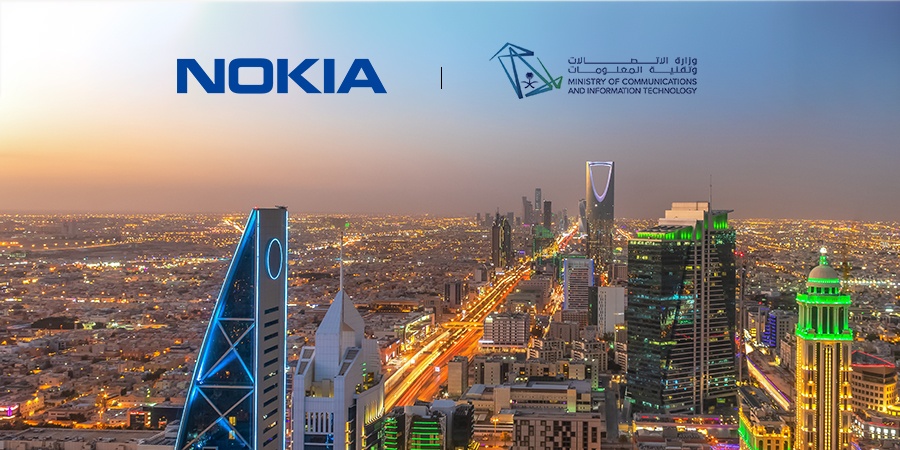Nokia announced the opening of its new regional maintenance hub in Riyadh, Saudi Arabia, that will support its customers across the Middle East and Africa (MEA) region.
The new center will provide repair and support services for Nokia’s 5G and legacy telecoms network equipment as well as training to local engineers. The move supports Nokia’s efforts to extend the lifespan of its network equipment through the adoption of circular practices that enable greater material efficiency and waste reduction, enabling more sustainable networks.
Exclusive: Shifts in Traffic Trend: Nokia Leading MEA's Sustainable Future and Network Evolution
The center is one of Nokia's first initiatives following the signing of a Memorandum of Understanding (MoU) between the Ministry of Communications and Information Technology (MCIT) of Saudi Arabia and Nokia in 2019. The agreement supports the country’s Saudi Vision 2030 strategy.
Moreover, the initiative is part of Nokia's plan to expand its operations in the Kingdom and support digital transformation and the localization of equipment services. Nokia's investment is dedicated to knowledge sharing, particularly in undertaking complex and critical repair and reuse services while ensuring sustainable localization. The new center is also expected to save at least four weeks of end-to-end logistics time and reduce the environmental impact of logistics by having a local center instead of a global model.
Feature: Saudi Arabia: A Tech-Powered Economy and Digital Hub
Eng. Bassam Al Bassam, deputy minister for telecom and digital infrastructure at MCIT, said: “We are pleased that Nokia has chosen Saudi Arabia as a regional hub for its maintenance operations to serve enterprises and service providers not only in our Kingdom but also across the MEA region. This is yet another milestone in the collaboration with MCIT, and it further deepens the strong relationship between Nokia and the Kingdom.”
Ibrahim Al-Abbas, senior country officer for Saudi Arabia at Nokia, said: “Saudi Arabia has great significance to Nokia and is our largest market in the region. From this perspective, setting up a regional maintenance hub is an important initiative and will enable us to offer our customers across the Middle East and Africa region world-class support services as well as improve the capabilities of local engineers. Extending the lifetime of products through the adoption of circular practices takes us a step closer to achieving our own climate goals while reducing waste and realizing the full value of our products.”










